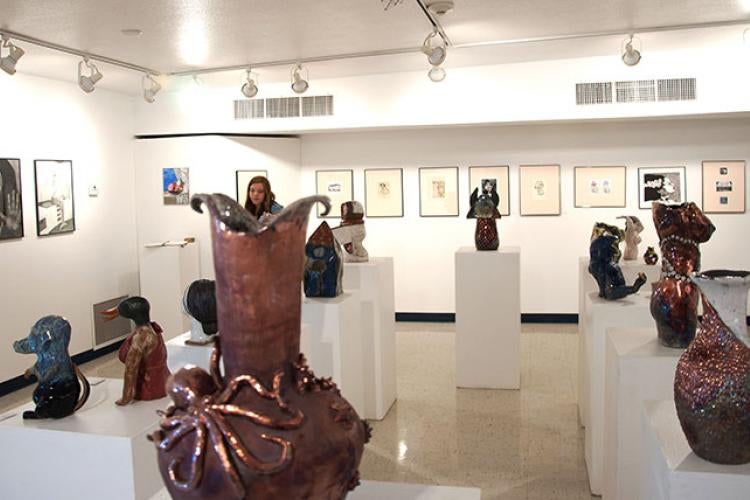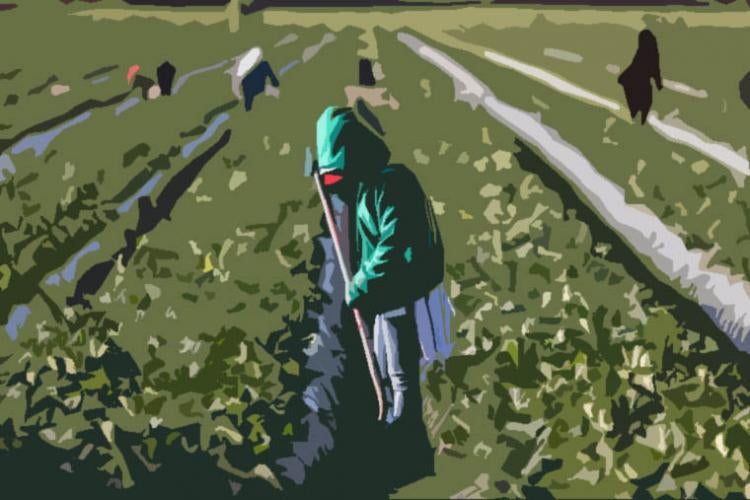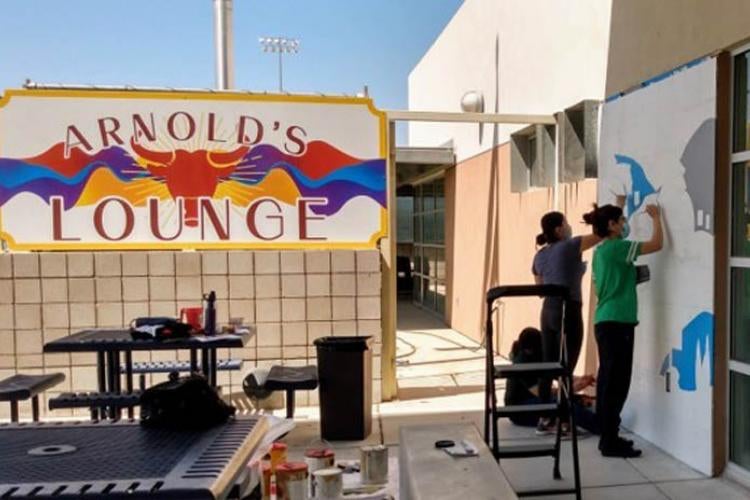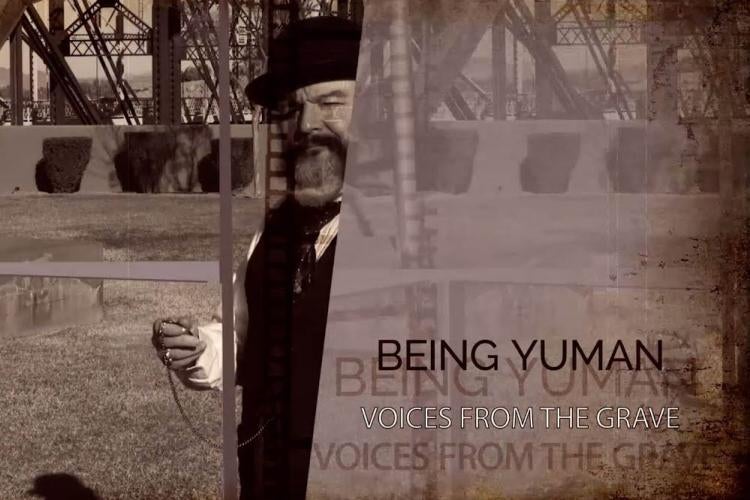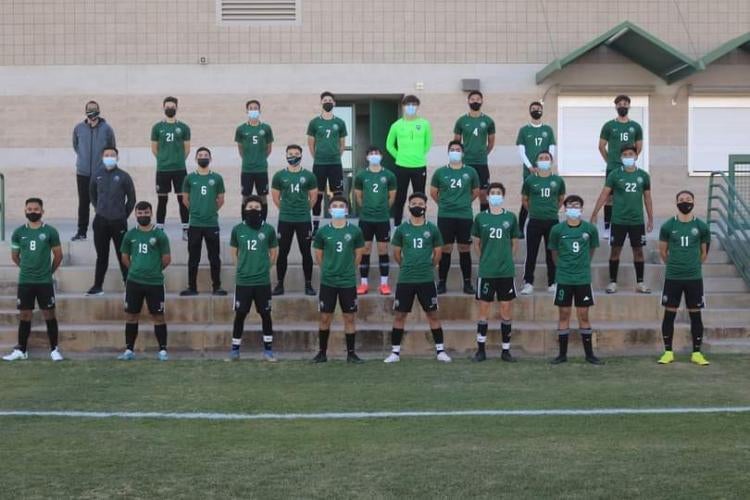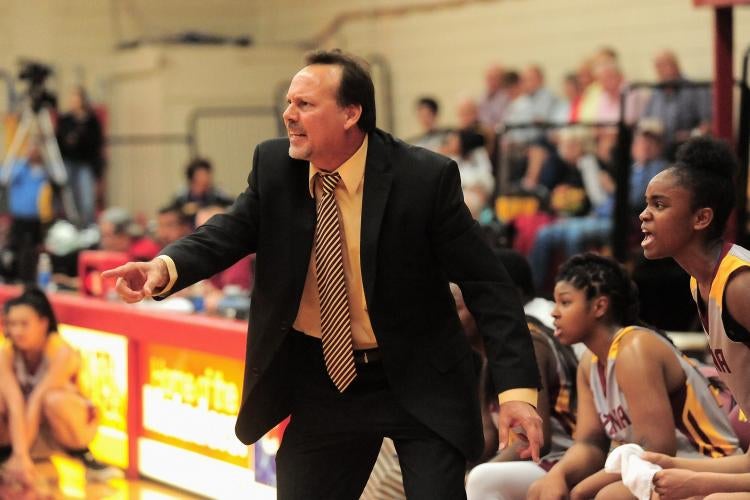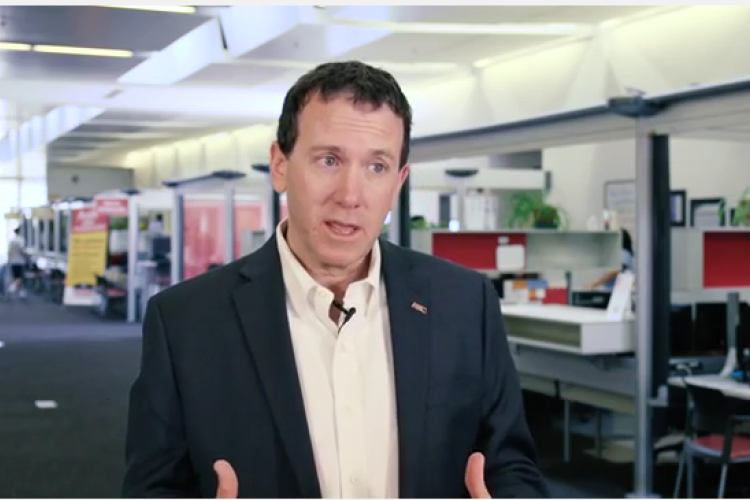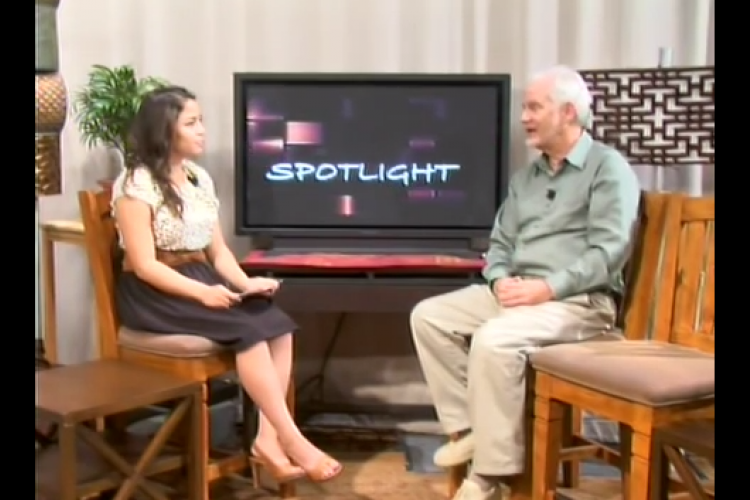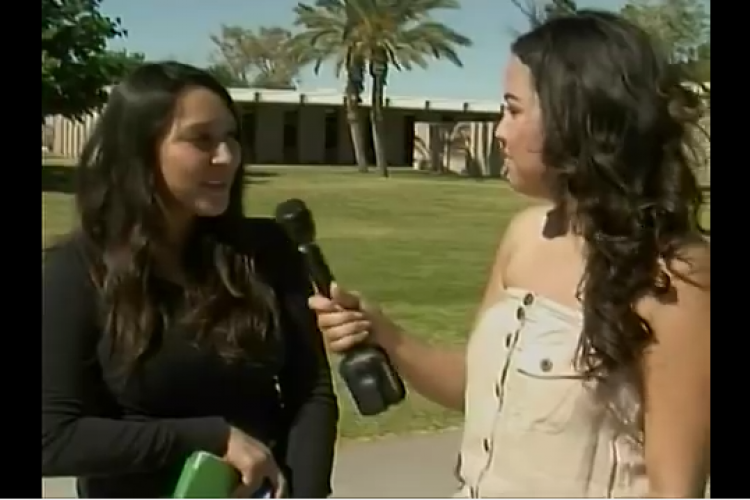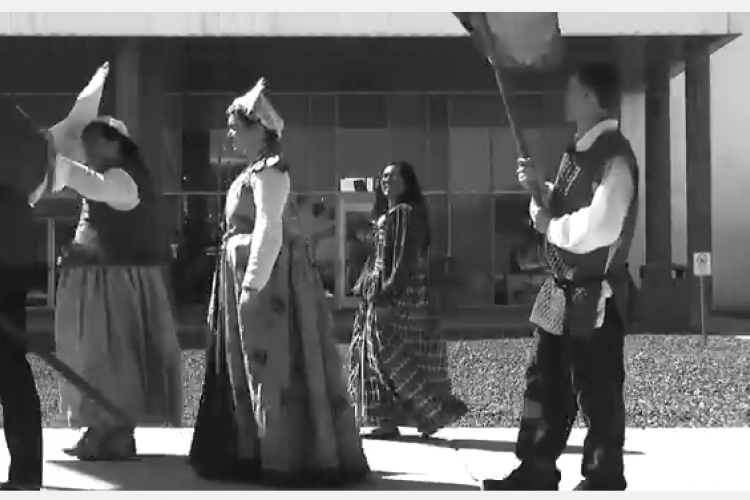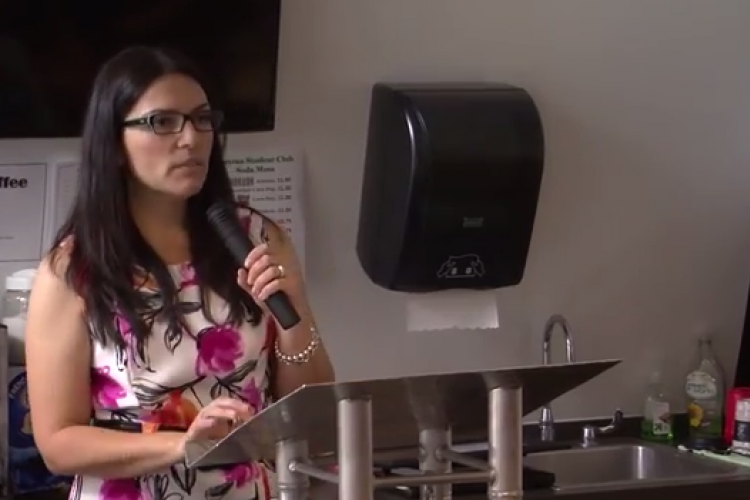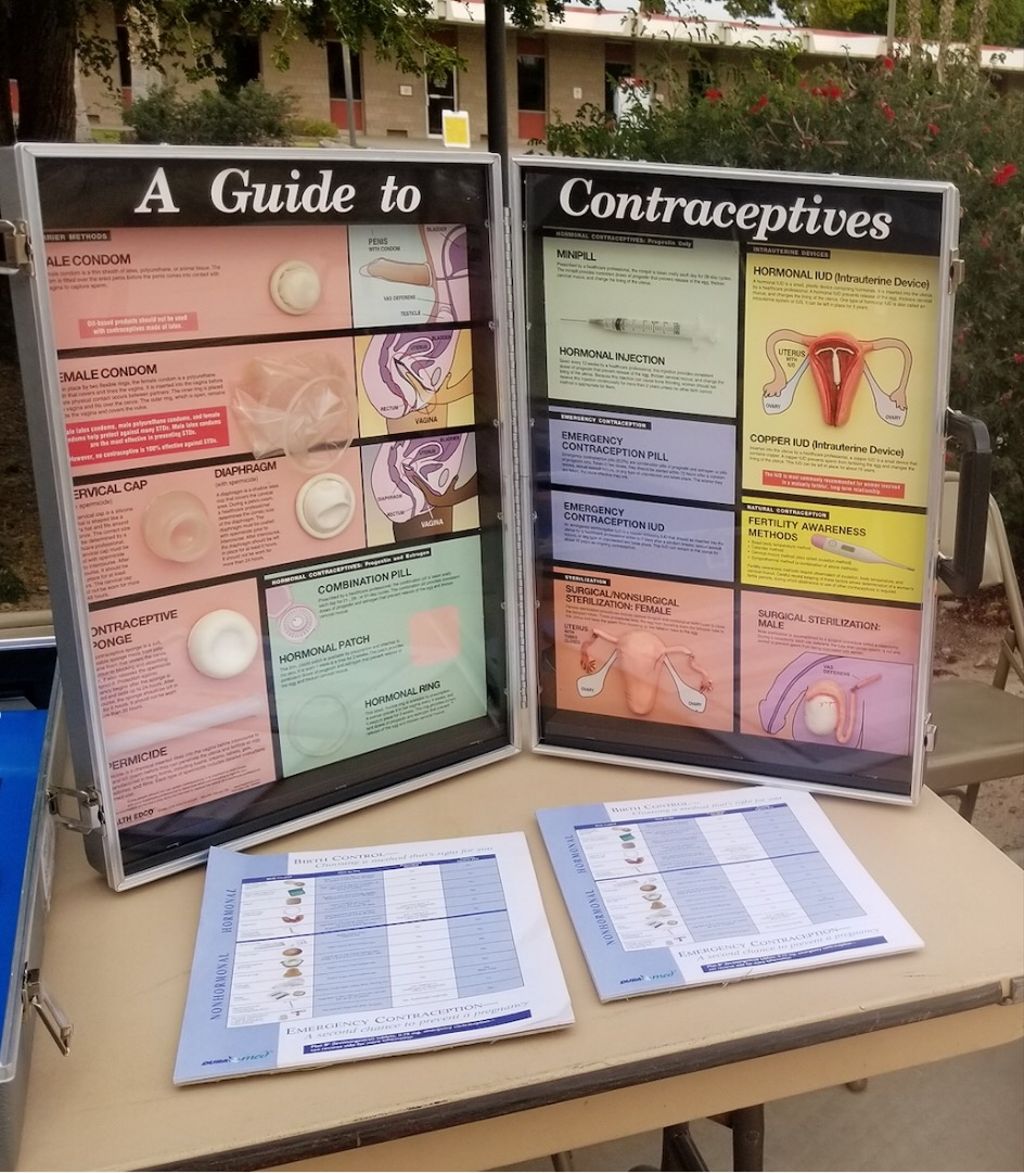
For generations society has dwelled on how to deliver information deemed sensitive to the masses.
In particular, the topic of sex has always been controversial – in education, religion and even the private household. Finally, though, society has begun to realize the importance of open discussion.
With the advancement in technology comes a new generation of health awareness, but at the same time new threats jeopardize our health. We are finally opening up about sexuality and its risks, specifically about how to prevent unwanted pregnancies and sexually transmitted diseases – including the devil of them all, HIV (human immunodeficiency virus).
AWC is setting an example to students and to let them know that it is okay to speak up, and that there is always someone out there to lend an ear out and provide the necessary help.
“We try to do different events each month, focusing on different themes, and December is for health insurance and sexual health,” says Health & Wellness coordinator, Christine Rouff. “It is an important subject that most people are shy to talk about, so we just want to make sure they know their resources – where to go and who to talk to.
Their informational table near the LR fountain displayed useful information about preventive health sources, including images of types and treatments of STDs along with procedures performed on both male and females to prevent pregnancies and even easily accessible over-the-counter contraceptives.
“Everyone is very open and thankful about event,” says Health advocate, Aimara Farfar. “Everyone is shy, but they say they are actually glad we can provide this kind of information for them.”
“We have a vendor here that is providing confidential HIV testing,” said Rouff. “They take you up to a closed room in the Library for privacy and then let you know the results when they come out.”
“My uncle is a drug addict,” said Laura, a student attendee. “We used to find needles laying around my grandma’s house all the time, and one time I found one and accidentally pricked myself when trying to throw it away. I never told anyone, but I was dead afraid that I might have caught something, but if I took a test then people would look at me different and think bad things of me.”
After meeting the right person in her high school, Laura finally was able to take a test at a community event held near her home and was glad to find out there was no abnormality with her results.
Situations are such as Laura’s, where people feel shamed for stereotypes against sexuality and their negative outcomes, are common. And the reluctance of so many people to accept that sexuality is a natural part of life has made those in need of answers afraid to ask for help for fear of rejection and labels.
The time has arrived for taking a stand breaking down the walls. Anyone needing information about sex and preventions should reach out to the Student Health Advocates club at 928-314-7602, or email the Health and Wellness coordinator at Christine.rouff@azwestern.edu.


